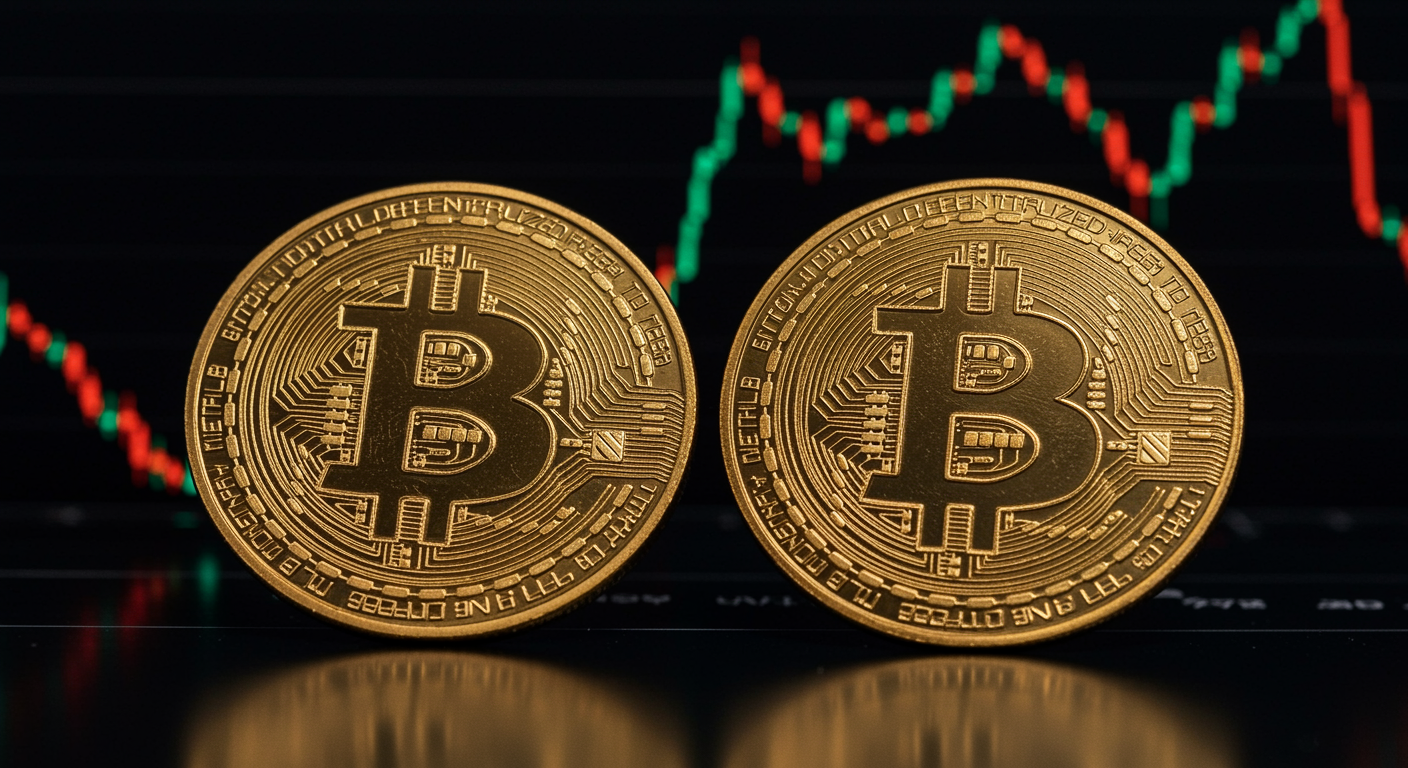Bitcoin Pulls Back After U.S.-China Trade Truce; Bulls Lighten Up
After a month of significant gains, Bitcoin is experiencing a pullback following news of a trade truce between the U.S. and China.
In a classic case of “buy the rumor, sell the news,” Bitcoin (BTC) has slipped after the two global powers announced a temporary halt in their trade war. The cryptocurrency had been surging since mid-April, when it bottomed out just below $75,000 following President Trump’s tariff announcement. Last week, Bitcoin finally reclaimed the $100,000 mark, and by Monday morning, it nearly hit $106,000 after the U.S. and China agreed to suspend most tariffs on each other’s goods for 90 days.
At the time of writing, Bitcoin is trading at $101,300, down about 3% from the previous day.
Stock Markets Surge Amid Trade Truce
While Bitcoin pulls back, traditional stock markets are seeing a notable rally. As of the market close, the Nasdaq was up 3.9%, and the S&P 500 had risen by 3.1%. The rally in stocks stands in contrast to Bitcoin’s recent downturn, with some speculating that the cryptocurrency’s early performance—surging more than 40% from its April low—had stretched its gains more than the major U.S. indices.
“Bitcoin has been the clear outperformer so far, largely because it remains insulated from tariff-related risks,” said Aurelie Barthere, principal research analyst at Nansen. She noted that with the trade situation stabilizing, assets such as altcoins, U.S. equities, and the U.S. dollar—each of which struggled in Q1—could start to close the performance gap with Bitcoin.
A Short-Term Positive for Risk Assets
Despite the pullback, market experts remain cautiously optimistic. Kirill Kretov, a trading automation expert at CoinPanel, pointed out that the temporary tariff pause offers a “clear, short-term positive signal” that could support risk assets, including cryptocurrencies. While acknowledging that the pause could be a temporary boost, Kretov emphasized that the move helps ease inflationary pressures and improve liquidity—two factors generally seen as favorable for Bitcoin.
However, Kretov also cautioned that volatility could resurface once the 90-day truce expires if a broader deal isn’t reached.
“Lower tariffs ease inflationary pressures and improve global liquidity conditions, both of which are typically bullish for BTC and other cryptocurrencies,” he explained. “However, since this is a temporary arrangement, we can expect some volatility as the truce’s end date approaches.”




























